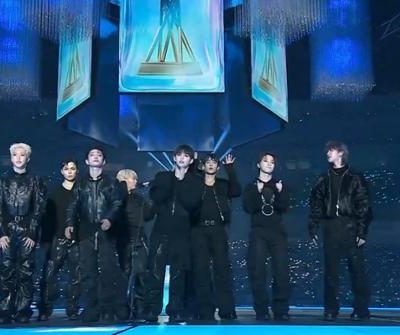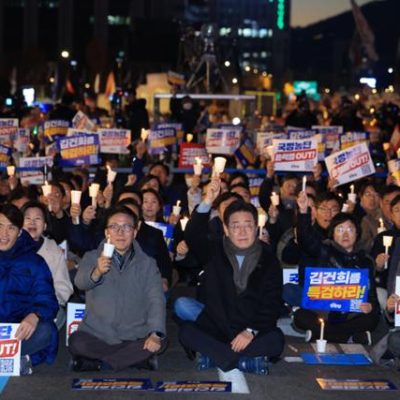Global media outlets, including The New York Times (NYT), Financial Times (FT), and Reuters, rushed to report the news of Han Kang winning the 2024 Nobel Prize in Literature on October 10th. The international press particularly emphasized that Han is the first Korean author to receive the Nobel Prize in Literature, and also highlighted her 2016 Man Booker International Prize win, a first for an Asian writer.
The New York Times reported, “Han Kang, best known for ‘The Vegetarian,’ has become the first Korean author to win the Nobel Prize in Literature.” The NYT also quoted a past review of “The Vegetarian” by Iranian-American writer Porochista Khakpour, stating that “Han deserves to be hailed as a pioneer in Korea.” The paper noted the surprise element of Han’s win, explaining that “prior to the announcement, publishers had most frequently mentioned Can Xue, an avant-garde Chinese writer known for her genre-defying novels, as this year’s potential laureate.” The NYT also pointed out the Nobel Committee’s recent efforts to increase diversity among prize candidates, following criticism about the lack of winners from regions outside Europe and North America, as well as the scarcity of female laureates.
Reuters swiftly provided details on Han Kang’s background and characteristics. “Han Kang was born in Gwangju, South Korea, in 1970 and moved to Seoul with her family at the age of nine. She grew up in a literary household with a father who was a renowned novelist,” Reuters reported. The news agency also emphasized that “Han’s passion for writing, as well as art and music, is reflected throughout her literary works.”
The Financial Times, recalling the 2016 Man Booker International Prize-winning “The Vegetarian,” described it as “a short, inventive, and memorable work.”
The Nobel Committee of the Swedish Academy stated that Han was awarded “for her poetic prose that confronts historical trauma and exposes the vulnerability of human life.” Anders Olsson, Chairman of the Nobel Committee for Literature, added, “She has a unique perception of the connection between body and soul, the living and the dead, and has become an innovator of modern prose with her poetic and experimental style.”
Mats Malm, Permanent Secretary of the Swedish Academy, revealed, “I spoke with Han Kang on the phone. She was having an ordinary day, having just finished dinner with her son. She was completely unprepared for the award.”






